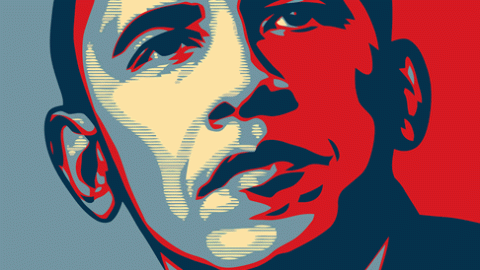Understanding the Psychology of Political Communication: How Media and Campaigns Shape Public Perceptions and Knowledge

In a recently published book chapter, my colleague Lauren Feldman and I review the major areas of research on how media and campaigns influence public judgments and knowledge. We also discuss research on the factors shaping public trust in government and perceptions of media bias. Below are details on the chapter and a link to the edited volume. The volume is well worth owning. You can download a PDF of the chapter on political communication here.
Nisbet, M.C. & Feldman, L. (2010 ). The Social Psychology of Political Communication. In D. Hook, B. Franks and M. Bauer (Eds.), The Social Psychology of Communication. London: Palgrave Macmillan.
CHAPTER CONTENTS
I. Introduction
II. Political Communication, the Media, and Public Perceptions
a. Agenda-Setting: Shaping Public Priorities
b. Priming: Why the News Focus Matters
c. Framing: Defining Meaning and Solutions
d. Side Bar: Framing and the Debate Over Climate Change
III. Knowledge, Civic Engagement, and the News Media
a. Learning Across Types of Media.
b. Political Deliberation and Social Interactions.
IV. Public Evaluations of the Political System and the News Media
a. Media Trust and Perceptions of Bias.
b. Side Bar: Perceptions of Media Bias: The Arab-Israeli Conflict.
V. Conclusion





